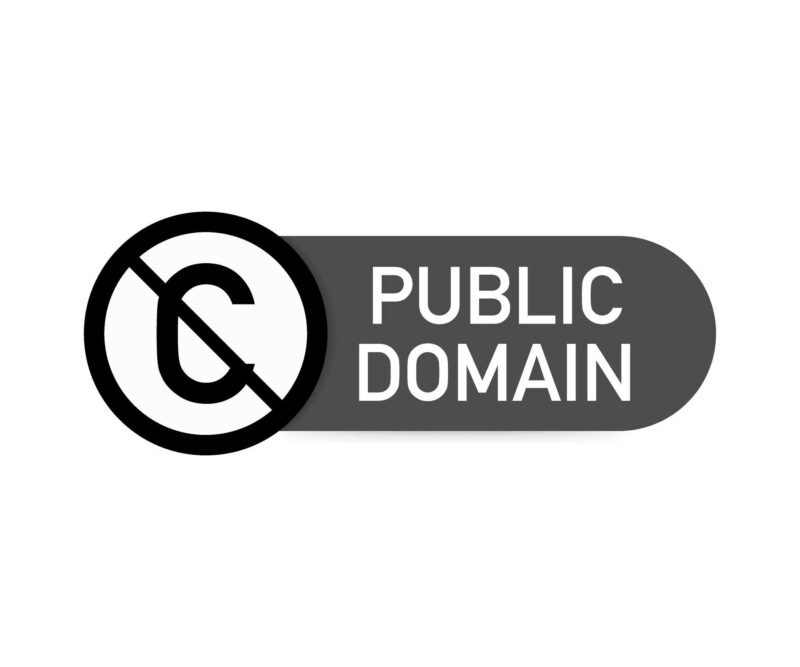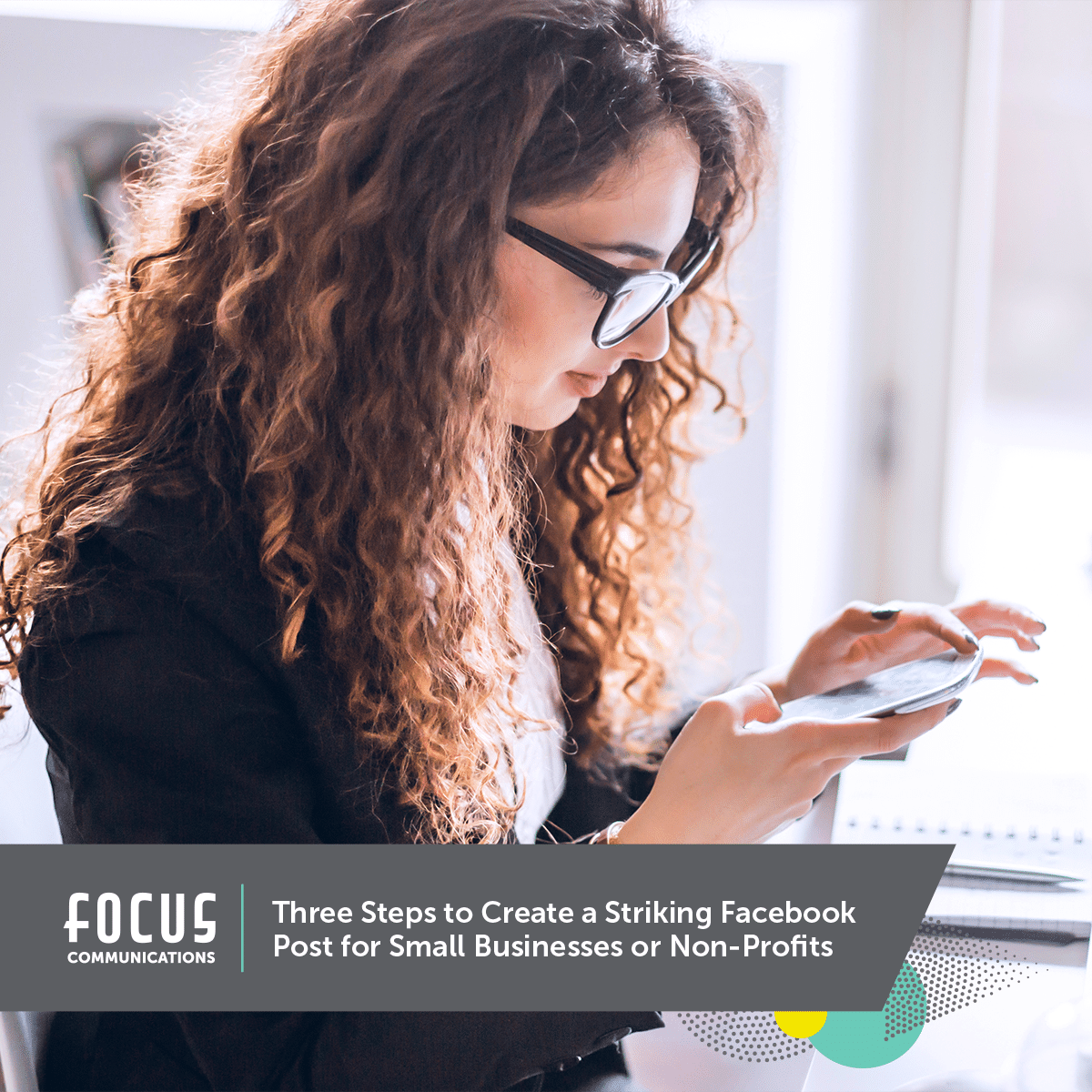Imagine you’re a child following a parent around. You tug on their jacket and realize it’s not your mom or dad at all. These people are total strangers! Panic ensues as you run off to find your actual parents.
Did you ever do this as a child?
I know I did.
Not as traumatic, but digital ads that go to the wrong page can have a similar effect. Customers that are interested in one thing, but are led to another will surely feel duped. They’ll abort as soon as possible. Cue the inner-child running off to find a more relevant website.

Whether you’re running social media or Google ads, leading people to the wrong page will increase the bounce rate. You might think that sending people to the homepage is a great tactic. Just think – these people will see all of the other amazing products you can offer them!
Not so. Leading customers to a page that has nothing to do with your ad is lazy. By doing so, your bounce rate will surely spike. This will deplete your ad budget and you likely won’t see an ROI.
Now, let’s say you own a greenhouse. During May, you decide to run an ad for potting soil. Hopeful gardeners click on that ad and they don’t see potting soil! Instead they see mulch, an array of planter pots and a sale you’re having on topiary plants. That’s all great, but there’s no mention of dirt.
Would you stick around?
I sure wouldn’t.
That goes for any other person that clicked on your ad. They’ve jumped ship and are now looking at potting soil on your competitor’s site.
To avoid this, the ads you create should complement the landing page. The same wording you used in the ad should be mentioned on the page. In other words – if you’re selling potting soil, customers had better see potting soil on the webpage you lead them to.
By creating an ad-specific landing page, you will likely get more people interested in your website. After all, they were interested enough to click on your ad.
Of course, there are other factors that can affect bounce rate. But if you’re leading customers to relevant content, visitors will stay longer. Because they’re staying longer, the bounce rate decreases. Which means they won’t have that initial panic, then annoyance at being led to the wrong page and run off. And if they’re not running off, they just might become potential customers.





